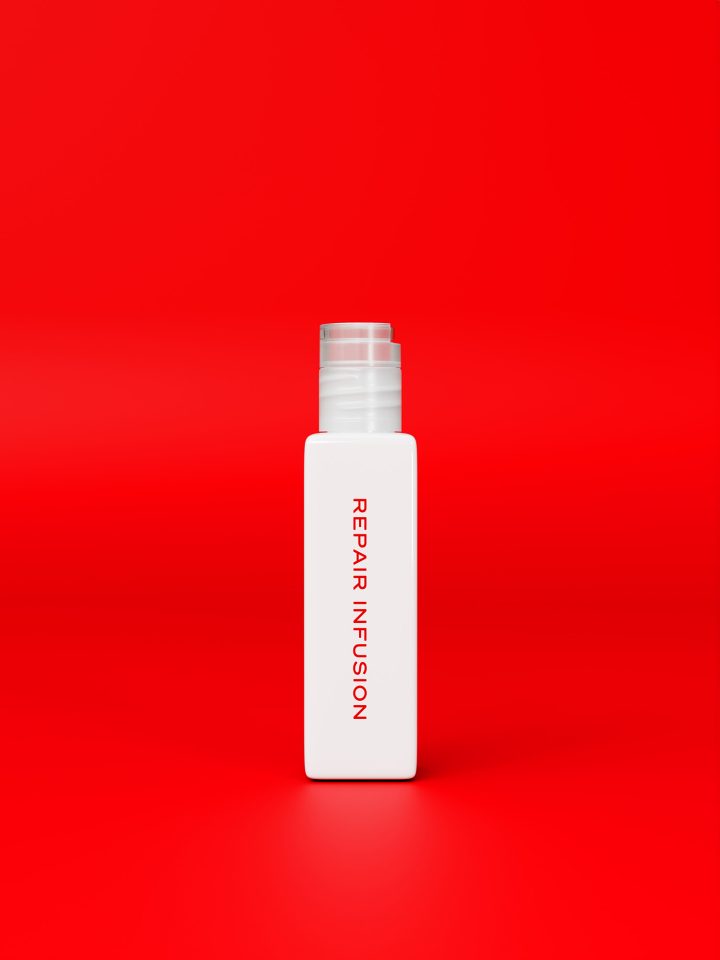Hallå där, snygging! Har du kämpat för att tämja dessa lockar eller helt enkelt letat efter ett sätt att ge ditt hår lite välbehövlig kärlek? Vi är här för att kika på hårmasker och hur du hittar den perfekta för din hårtyp. Så, luta dig tillbaka, slappna av och gör dig redo att hitta hemligheten bakom vackert hår.
Vad är hårmasker och varför behöver du dem?
Hårmasker är djupvårdande behandlingar utformade för att ge näring, reparera och föryngra ditt hår. De innehåller rika, koncentrerade ingredienser som gör sin magi på dina lockar och riktar sig mot vanliga hårproblem som torrhet, frizz, hårbrott och brist på glans.
Tänk på hårmasker som den ultimata självvårdsritualen för ditt hår. De ger en nivå av näring som går utöver din vardagliga schampo- och balsamrutin.
Hårmasker för olika hårtyper
Precis som hudvård bör hårvård skräddarsys efter dina individuella behov. Här är en snabb sammanfattning av hårmasker för olika hårtyper och problem:
För torrt, skadat hår: Leta efter hårmasker som innehåller djupt återfuktande ingredienser som sheasmör, avokadoolja eller hyaluronsyra. The Everys Caring Hårmask är ett fantastiskt alternativ, packad med närande ingredienser för att släcka ditt hårs törst.
För fint, slappt hår: Välj en hårmask som ger volym och tjocklek utan att tynga ner håret. Ingredienser som provitamin B5 och lätta oljor kan göra underverk.
För färgat hår: Välj en hårmask speciellt utformad för färgbehandlat hår för att hjälpa till att bevara din färg och förhindra blekning. Leta efter ingredienser som solrosfröextrakt, som ger naturligt färgskydd.
För lockigt, frissigt hår: Lockigt hår längtar efter fukt och definition. Sök efter masker som innehåller närande oljor och smör, som Caring Hårmask från The Every, för att hjälpa till att bevara fukt och definiera dina lockar.
För fett hår och hårbotten: Välj en hårmask som hjälper till att balansera oljeproduktionen samtidigt som den ger återfuktning. Ingredienser som Piroctone Olamine, som finns i The Every's Caring Shampoo och Caring Conditioner, kan hjälpa till att lugna hårbotten och hålla oljigheten i schack.
Gör-det-själv-hårmaskrecept för en budgetvänlig boost
Vi förstår att du ibland kanske vill experimentera med gör-det-själv-hårmasker för att skämma bort ditt hår utan att lägga massa pengar på det. Här är några budgetvänliga, lättlagade recept med naturliga ingredienser som du kan blanda ihop i ditt kök:
Avokado- och kokosoljamask: Kombinera en mosad mogen avokado med en matsked kokosolja för en superåterfuktande hårmask som hjälper till att bekämpa torrhet och frizz. Avokadon är rik på hälsosamma fetter, vitaminer och mineraler, medan kokosolja tränger in i hårstrået för att ge näring och behålla fukt. För att använda, applicera blandningen i fuktigt hår och låt det sitta i 20-30 minuter innan du sköljer med varmt vatten.
Banan- och honungsmask: Blanda en mogen banan med en matsked honung för en näringsgivande mask som kan hjälpa till att reparera skador och återställa glansen. Bananer är fyllda med kalium och naturliga oljor, vilket kan förbättra hårets elasticitet och minimera hårbrott, medan honung är en naturlig fuktbevarande ingrediens som drar in fukt i håret. Applicera masken i fuktigt hår, låt den sitta i 20-30 minuter och skölj med varmt vatten.
Ägg- och olivoljamask: Vispa ett ägg med en matsked olivolja för en proteinfylld mask som stärker och återställer elasticiteten i ditt hår. Ägg är laddade med protein, vilket kan hjälpa till att återuppbygga skadat hår, medan olivolja är ett naturligt mjukgörande medel som ger mjukhet och glans. Applicera masken i fuktigt hår, låt den sitta i 15-20 minuter och skölj med kallt vatten.
Yoghurt- och äppelcidervinägermask: Blanda en halv kopp vanlig yoghurt med en matsked äppelcidervinäger för en lugnande hårmask som återställer hårets pH-balans och bekämpar mjäll. Yoghurt är fylld med proteiner och mjölksyra, som kan hjälpa till att ge näring och återfukta ditt hår, medan äppelcidervinäger tar bort produktuppbyggnad och lämnar ditt hår glänsande och slätt. Applicera blandningen i fuktigt hår, låt det sitta i 15-20 minuter och skölj med kallt vatten.
Kom ihåg att även om gör-det-själv-hårmasker kan vara roliga och effektiva, men de kanske inte erbjuder samma nivå av målinriktad behandling som en speciellt formulerad hårmask som The Every's Caring Hårmask. Experimentera med dessa recept för att hitta den perfekta balansen för ditt hår och njut av en lyxig spaupplevelse hemma!
Hur man använder hårmasker för maximalt resultat
Följ dessa enkla steg för att få ut det mesta av din hårmaskupplevelse:
Börja med att tvätta håret med ett skonsamt, sulfatfritt schampo som The Every's Caring Schampo.
Handdukstorka håret för att ta bort överflödigt vatten, lämna det fuktigt men inte genomblött.
Applicera din valda hårmask eller Caring Hårmask generöst, med fokus på mitten av hårtopparna. Undvik att applicera masken direkt på din hårbotten, speciellt om du har fett hår eller en känslig hårbotten.
Kamma igenom håret med en bred kam för att säkerställa jämn fördelning.
Låt masken sitta under den rekommenderade tiden (vanligtvis 10-20 minuter, beroende på produkten och ditt hårs behov).
Skölj håret noggrant med kallt eller ljummet vatten för att täta nagelbanden och låsa in maskens fördelar.
Följ upp med ett lätt balsam som The Every's Caring Balsam för att behålla fukt och reda ut håret.
Styla håret som vanligt, och glöm inte att använda ett värmeskyddsmedel som The Every's Nourishing Värmeskydd innan du använder värmeverktyg.
FAQ
Q: Hur ofta ska jag använda en hårmask?
A: Det beror på din hårtyp och bekymmer. För torrt, skadat hår kanske du vill använda en mask en eller två gånger i veckan. För andra hårtyper kan det vara tillräckligt att använda en mask en gång varannan vecka eller till och med en gång i månaden.
Q: Kan jag sova med en hårmask på?
A: Även om det inte är nödvändigt att sova med en hårmask på, kan du göra det om du känner att ditt hår behöver extra vård. Se till att skydda din kudde med en handduk eller bär en duschmössa för att undvika att göra oreda.
Q: Kan jag använda en hårmask på min hårbotten?
A: Det är bäst att fokusera på att applicera hårmasken på mitten av hårets längder och toppar. Men om du har en torr eller kliande hårbotten kan du applicera en mask som innehåller hårbottenlindrande ingredienser som Piroctone Olamine på hårbotten. Se bara till att skölja noggrant för att undvika att produkten ansamlas.
Q: Hur länge ska jag lämna en hårmask på?
A: De flesta hårmasker rekommenderar att du låter dem sitta i 10-20 minuter, beroende på produkten och ditt hårs behov. Följ alltid instruktionerna på förpackningen för bästa resultat.
Q: Kan jag använda en hårmask som balsam?
A: Även om vissa människor använder hårmasker istället för sitt vanliga balsam, är det viktigt att komma ihåg att hårmasker är mer koncentrerade och tyngre än balsam. Det är i allmänhet bäst att använda en hårmask som en behandling och följa upp med ett lätt balsam som The Every's Caring Balsam för att behålla fukt och reda ut håret.
Och där har du det! Den ultimata guiden till hårmasker och hur du väljer rätt för din hårtyp. Med rätt hårmask och lite egenvård är du på väg mot vackra, friska lockar på nolltid. Gå nu och erövra världen med ditt fantastiska hår!
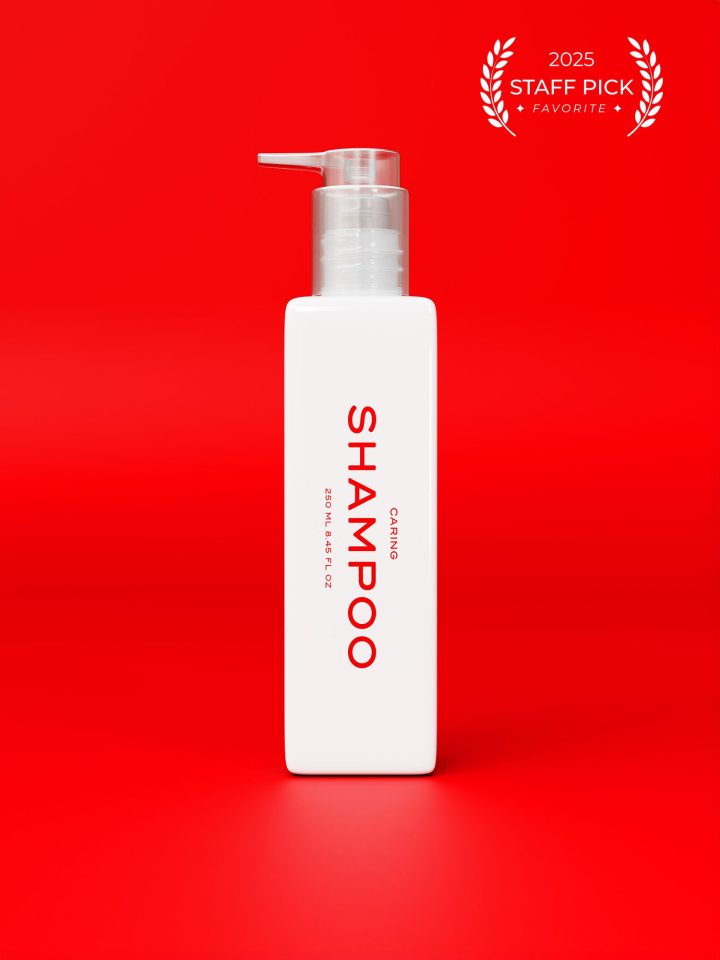
Caring Schampo Skonsamt sulfatfritt återfuktande schampo 26,00 € — available on subscription from Var 7:e vecka
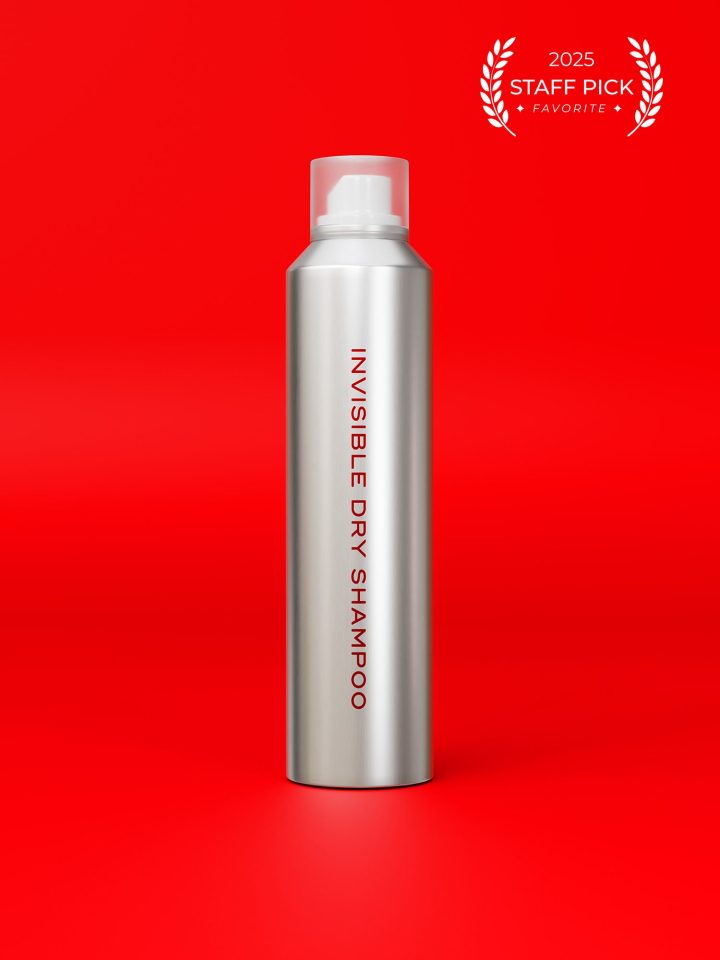
Invisible Torrschampo Fräscht hår direkt utan produktrester 27,00 € — available on subscription from Var 10:e vecka
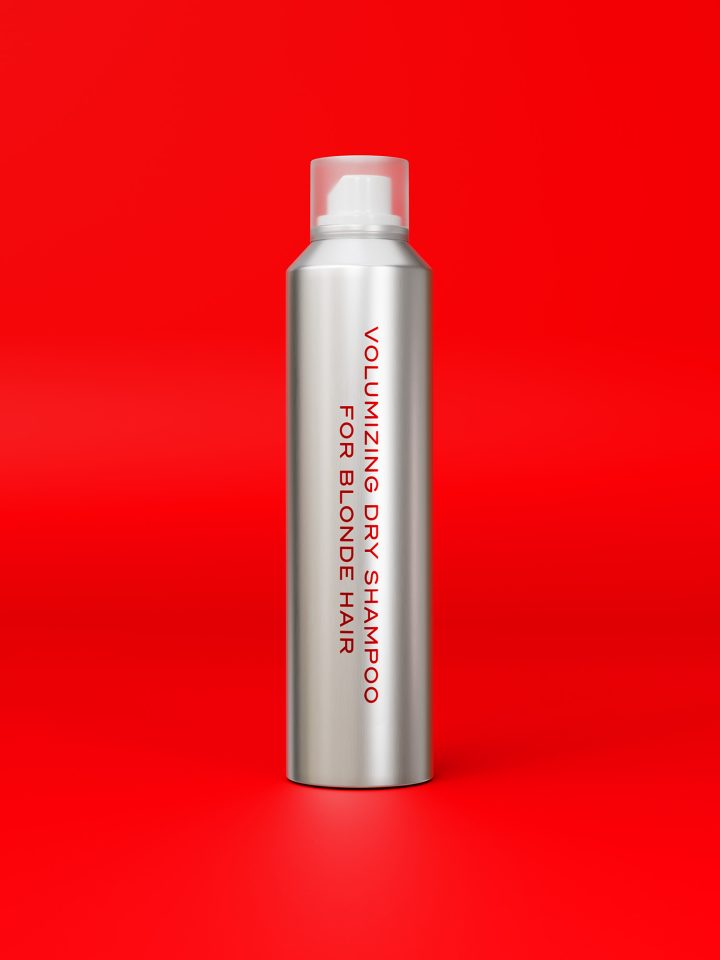
Volym Torrschampo Blond Omedelbar volym utan att irritera skalpen 27,00 € — available on subscription from Var 10:e vecka
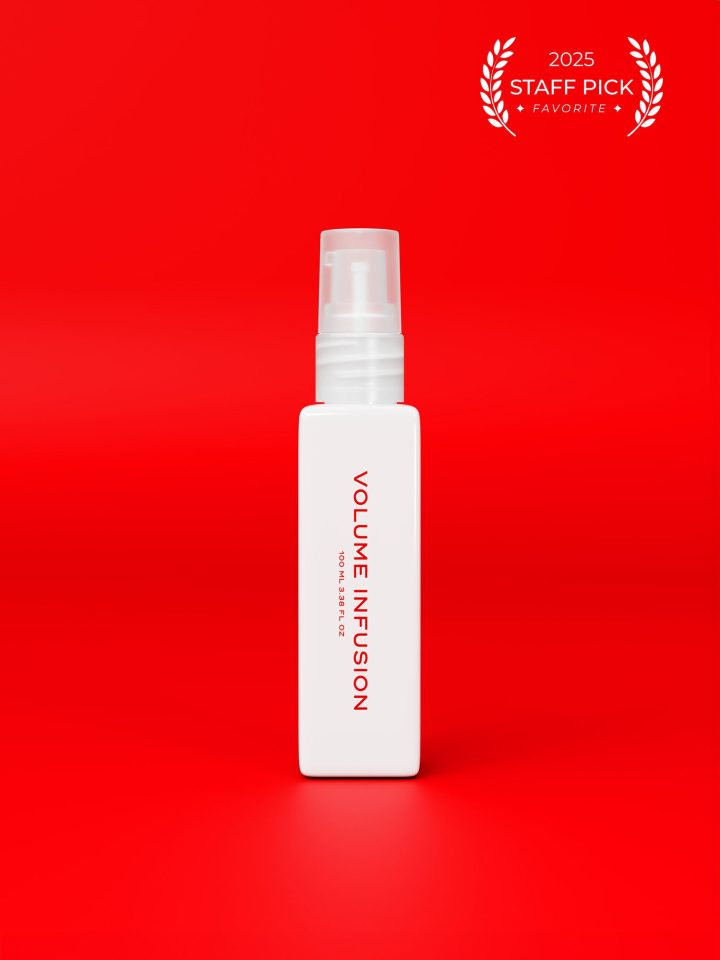
Volume Infusion - Booster Volym direkt ur duschen utan styling 30,00 € — available on subscription from Var 7:e vecka
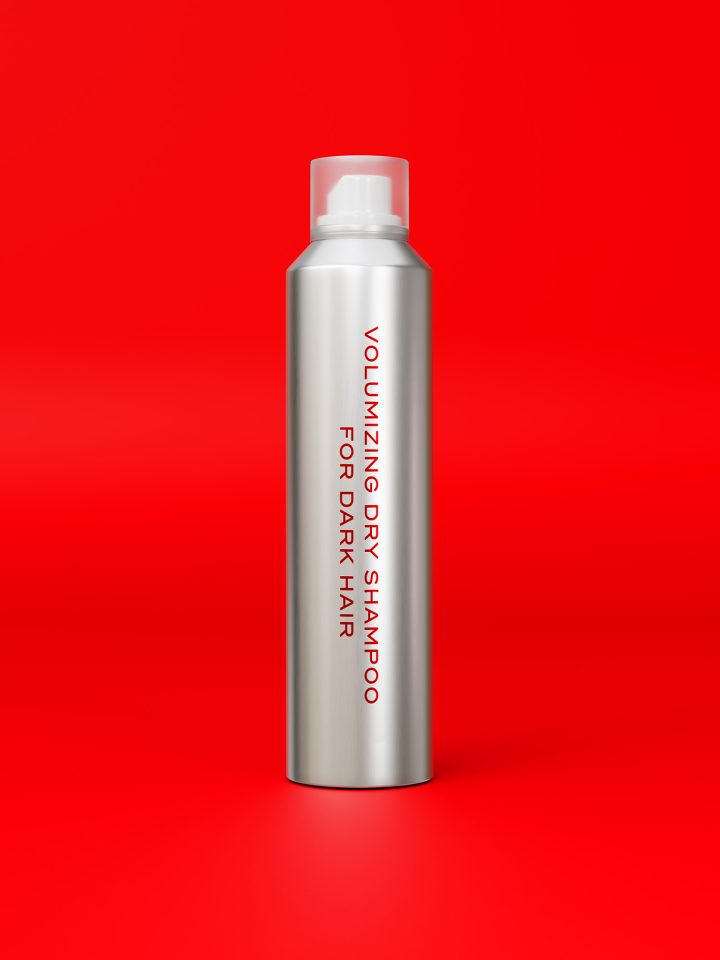
Volym Torrschampo Mörkt Hår Omedelbar volym utan att irritera skalpen 27,00 € — available on subscription from Var 10:e vecka
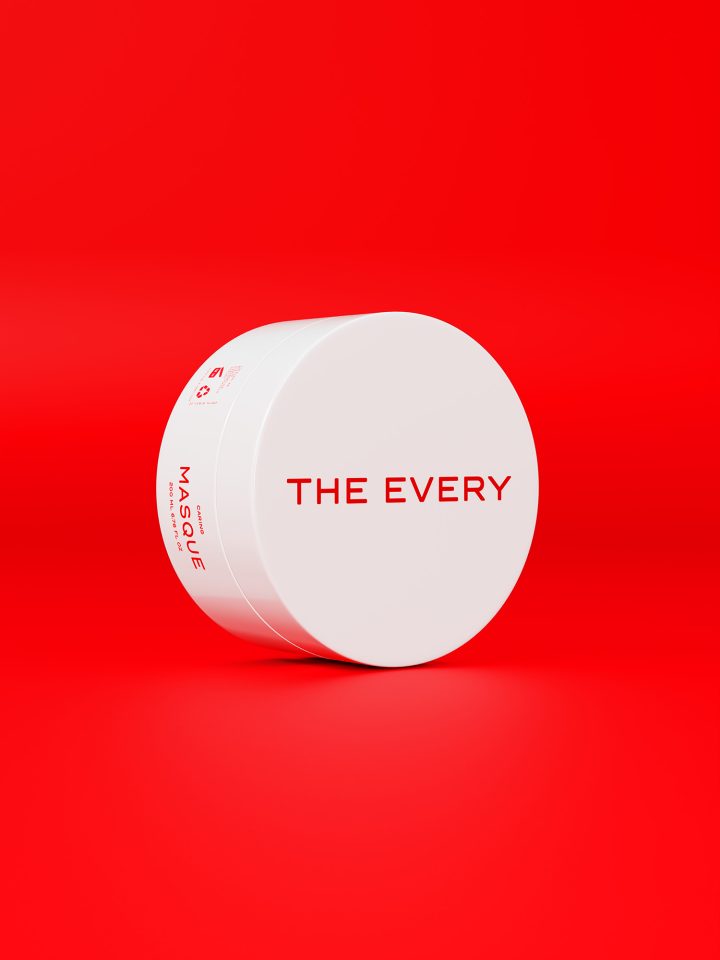
Caring Hårmask Intensivt vårdande hårmask med sheasmör 35,00 € — available on subscription from Var 10:e vecka
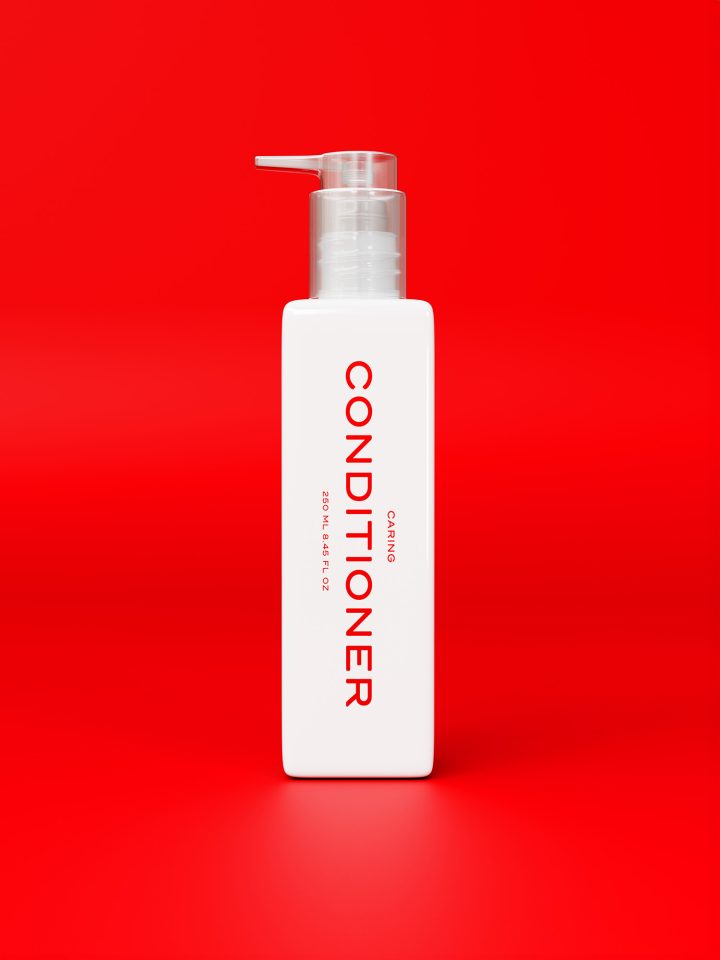
Caring Balsam Skonsamt sulfatfritt återfuktande balsam 26,00 € — available on subscription from Var 7:e vecka
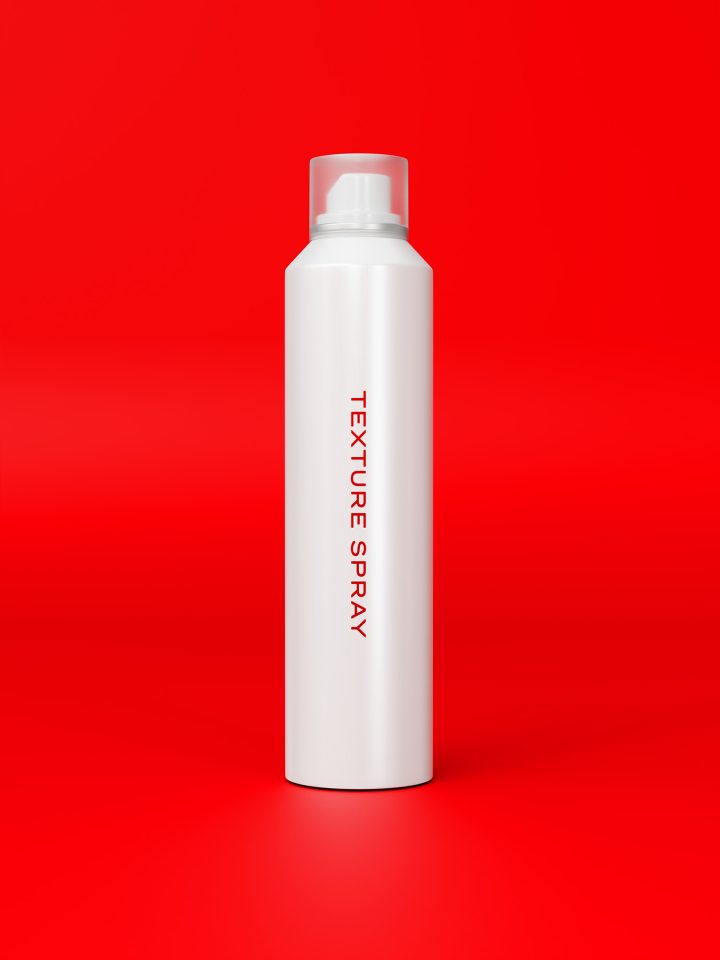
Textur Spray Omedelbar volym utan klibbig känsla 27,00 € — available on subscription from Var 7:e vecka
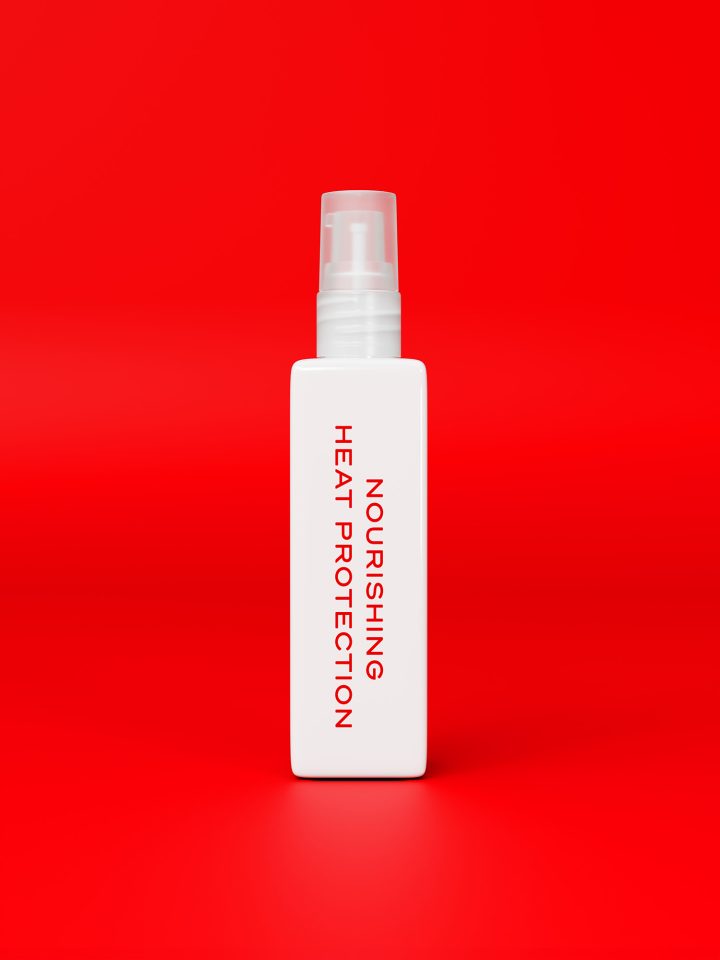
Nourishing Värmeskydd Ultra-skyddande, vårdande leave-in kräm 27,00 € — available on subscription from Var 7:e vecka
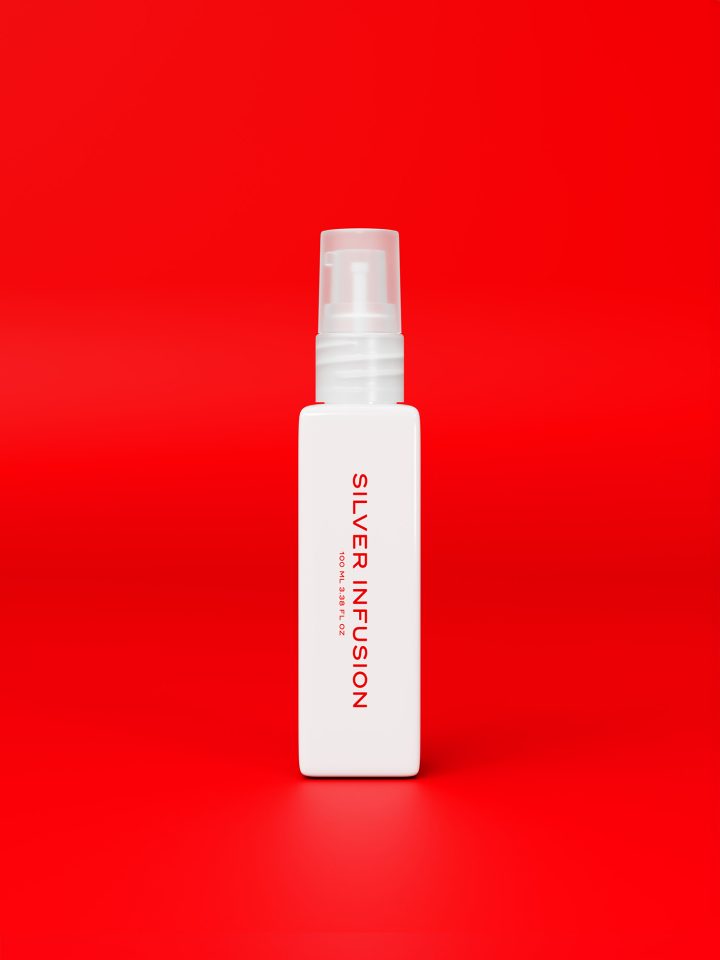
Silver Infusion - Booster Färgkorrigerande booster för kalla toner 30,00 € — available on subscription from Var 7:e vecka
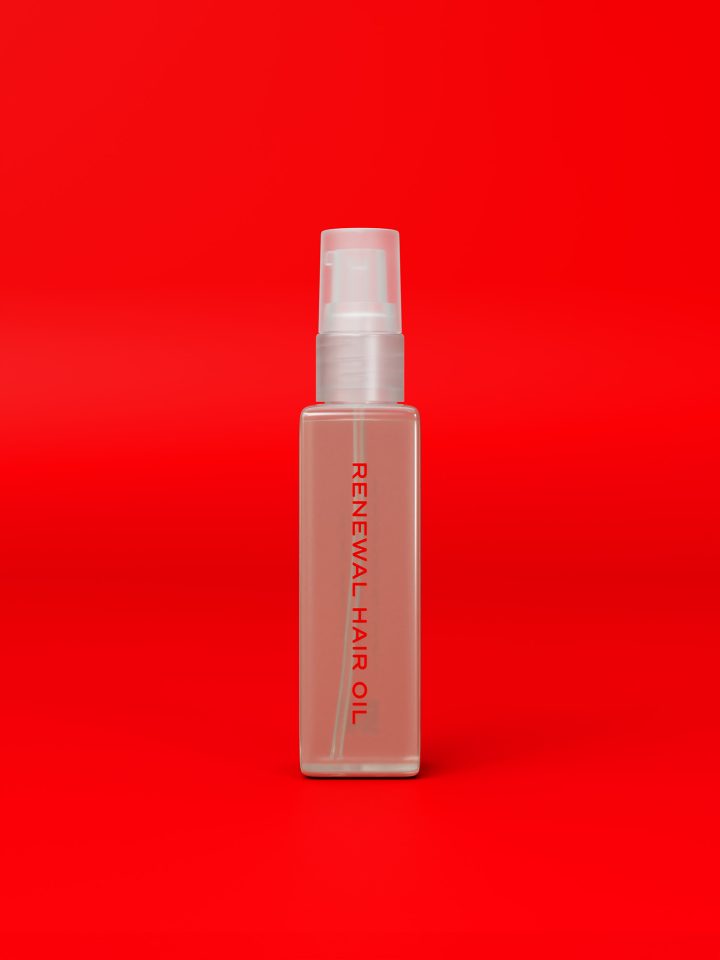
Renewal Hair Oil Näringsgivande & glansgivande hårolja 45,00 € — available on subscription from Var 7:e vecka
